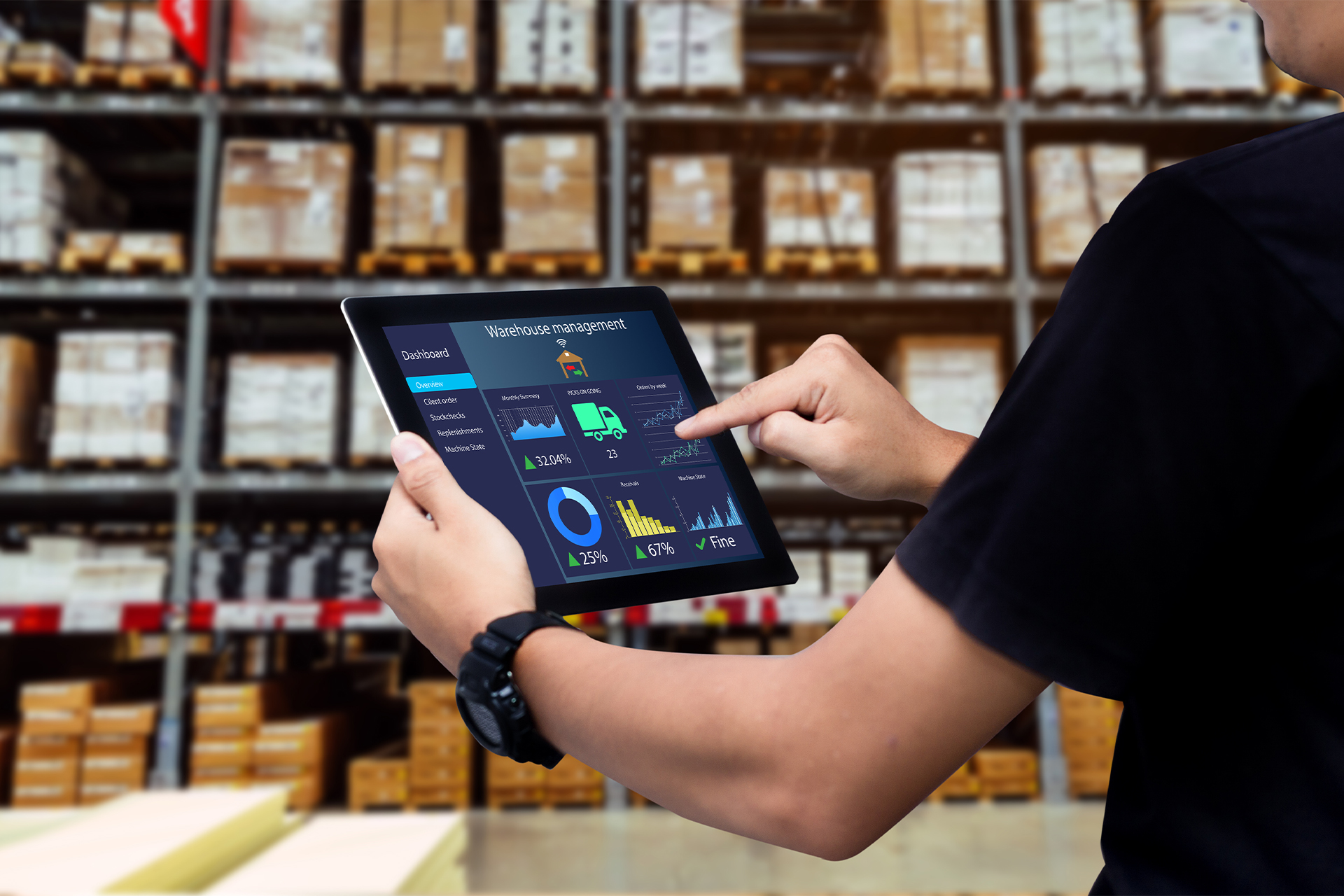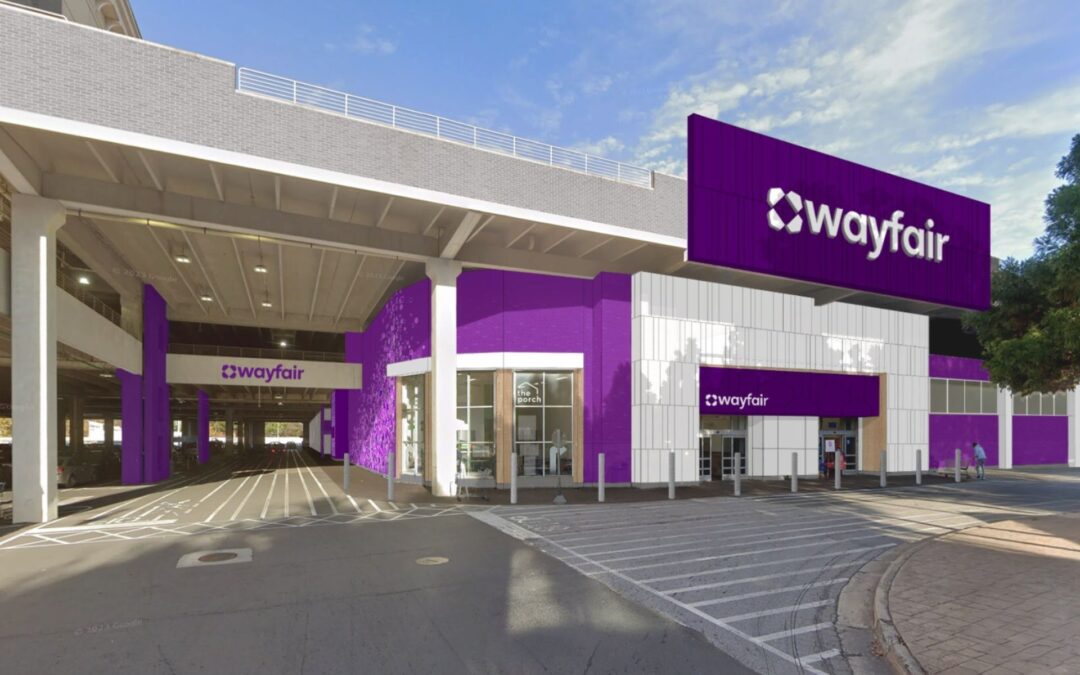Technology can provide a more holistic view of a business, and the latest key performance indicator (KPI) tools can identify and prioritize business needs and guide decisions across an operation, Oracle NetSuite’s Ranga Bodla said during The Inspired Home Show 2023.
During a session for the show’s Innovation Theater education program, Bodla, Oracle NetSuite’s vice president, field engagement and marketing, teamed with Hayden Wadsworth, CEO of HydroJug, to discuss identifying metrics that can help a company navigate market changes, whether based on internal dynamics or external influences such as the COVID-19 pandemic.
Oracle NetSuite is a cloud-based business management software suite encompassing enterprise resource planning/financials, CRM and e-commerce.
Bodla said a broad view of operations with the help of new business management platforms can give a business an understanding of when to make significant changes, then monitor those changes as they evolve. He said that establishing KPIs that cover sales, marketing and CRM, financials, order management, sourcing and warehousing, and production and manufacturing, can give businesses solid grounds for moving forward with reliable plans.
Bodla said KPIs are useful tools as a business goes through its growth stages from when it has only a few SKUs to when it has to scale up and develop more sophisticated means to understand what’s going on in its operations. They also can help businesses understand when it would be a good idea to make a major change, such as developing a new sales channel.
HydroJug started out with a single SKU then began to expand gradually by adding insulated products, straws and sleeves to serve demand, Wadsworth said. Then, the company recognized it had to monitor product growth cycles and how to manage those. If product growth cycles aren’t properly managed, then inventory can become problematic. Then, HydroJug experienced “massive” growth during the pandemic, Wadsworth said, as teachers, nurses, first responders and others who had to work but had no access to public water that had been shut down out of worry it might spread COVID. Coming out of the pandemic, HydroJug looked at the market and its indicators to come to a decision: to become truly omnichannel and move into physical retail in a big way. HydroJug expects about a 70%/30% split in 2023 between D2C and brick-and-mortar distribution.
Getting to that scenario, Wadsworth said, required allocating resources and building processes that were repeatable and efficient for new retail customers, so HydroJug could “provide that same brand experience to them that we’ve provided direct-to-consumer.”
Bodla said the pandemic demonstrated establishing and tracking KPIs can be a critical advantage as businesses have to shift in response to outside pressures. Just as it can help in the normal growth of a business, KPIs provided indications about measures to take including PPE loans. It also made clear what factors were critical to monitor.
“What we saw particularly was a real look at cash KPI, and free cash flow was one of the big ones,” Bodla said. “That one continues to be an important one as we’re in this mode of inflation, looking at how quickly that declines or changes. If you are overly reliant on one channel that metric can change overnight and force a change in the business.”
HydroJug’s Wadsworth noted, “That one that’s top of the list for us, too. We have daily reporting that comes out on the financials. But starting right at the top, we’re paying close attention to gross revenue. Gross margin is also very big, especially when you’re opening up your channels. What is my gross margin? D2C should be higher than retail, and then how does that play out through the bottom line? It will determine how we invest in these channels and how we spend on marking. They’re great KPIs. Outbound shipping cost, we pay really close attention to as a percentage of gross revenue.”





